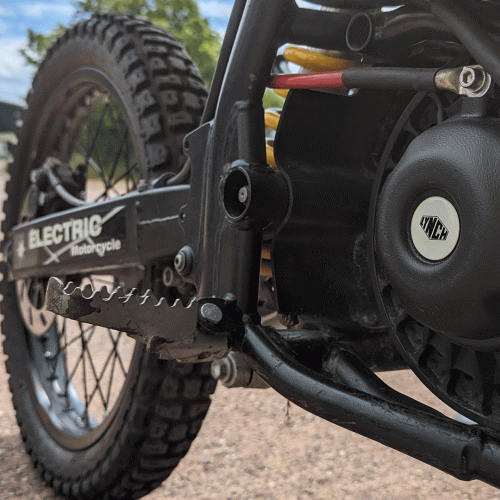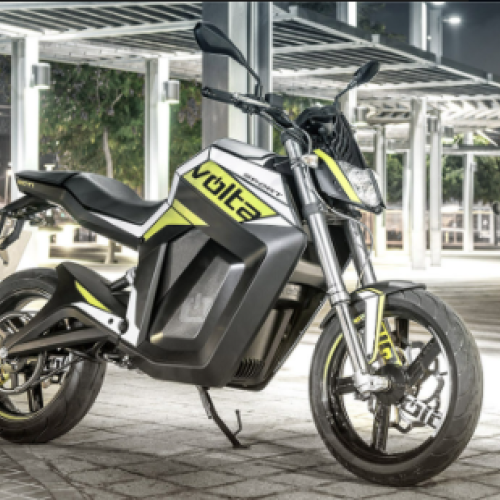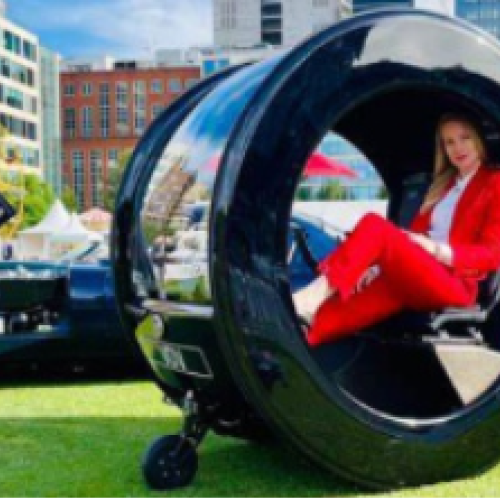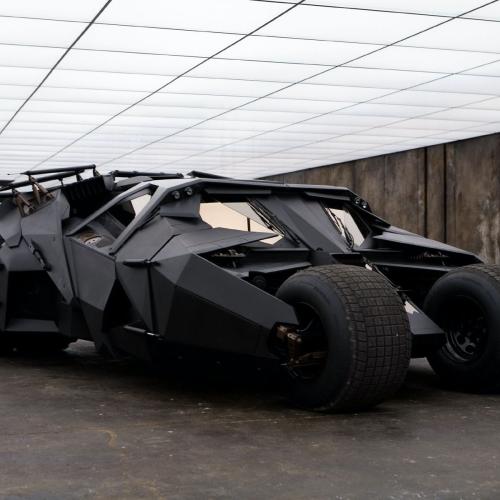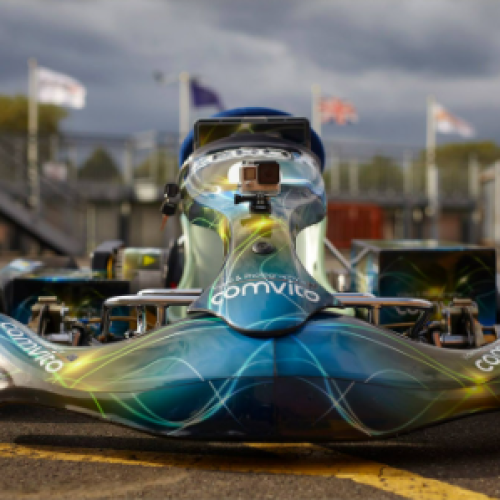
Automotive
Lynch Motors are a leading UK manufacture of electric motor for recreational vehicles including motorbikes, kit cars and motorised commercial vehicles such as street cleaners and jet washers.
Building and electric vehicle, or converting your vehicle to electric is a super efficient, eco-friendly choice. Not only will you save on fuel costs, but your electric vehicle will be powered by a clean energy meaning your vehicle will not produce nasty emissions.
Got questions? Click here to get in touch and we'll help you find the right solution.

Electric Vehicle Features & Benefits
Vehicles powered by Lynch Electric Motors offer a low maintenance, zero emissions and reduced noise pollution solution.
> Zero emissions - clean energy source
> Cost effective – Electric vehicles can be charges using a domestic plug making them cheaper to operate
> Reduced noise pollution - almost silent
Electric Vehicle Case Studies
-
Colin Furze - Electric Drift BikeWell-known inventor and stuntman, Colin Furze set himself the task of building his own electric vehicle to ride around the Formula E track in Rome.READ MORE

-
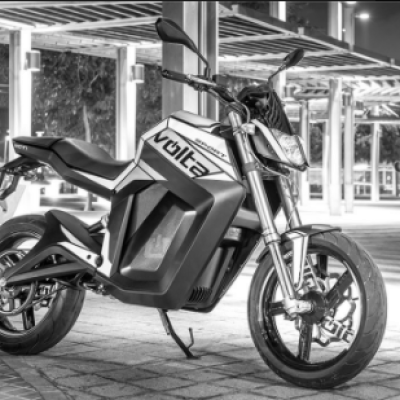
-

Electric Vehicle FAQs
What is an electric vehicle?
An electric vehicle is a vehicle powered by one or more electric motors, using energy stored in rechargeable batteries or another energy storage system, such as a fuel cell.
What are the main components of an EV?
- Battery Pack: Stores electricity to power the motor.
- Electric Motor: Converts electrical energy into mechanical energy.
- Inverter: Converts DC electricity from the battery to AC for the motor.
- Controller: Manages power delivery to the motor.
- Charging Port: Allows the battery to be charged from external sources.
- Thermal Management System: Keeps the battery and motor at optimal temperatures.
What type of battery should I use?
Lithium-ion batteries are the most common choice due to their:
- High energy density
- Long lifespan
- Lightweight design Alternatives include lithium iron phosphate (LFP) batteries and solid-state batteries.
What motor types are suitable for EVs?
- DC Motors: Simple and cost-effective but less efficient.
- AC Motors: More efficient and widely used in modern EVs.
- Brushless DC (BLDC) Motors: Offer high efficiency and low maintenance.
- Induction Motors: Reliable and scalable for high-performance EVs.
Lynch Motors are brushed DC Motors.
What are the safety considerations when designing an Electric Vehicle?
- Insulate high-voltage components.
- Include a robust Battery Management System (BMS).
- Install proper fuses and circuit breakers.
- Use fire-resistant materials near the battery pack.
Can I charge my EV at home?
Yes, using a standard home outlet (Level 1 charging) or a dedicated EV charger (Level 2). Ensure your electrical system can handle the load.
How do I ensure the EV is environmentally friendly?
- Use recycled or sustainably sourced materials.
- Incorporate renewable energy sources for charging (e.g., solar panels).
- Optimize efficiency to reduce energy consumption.


